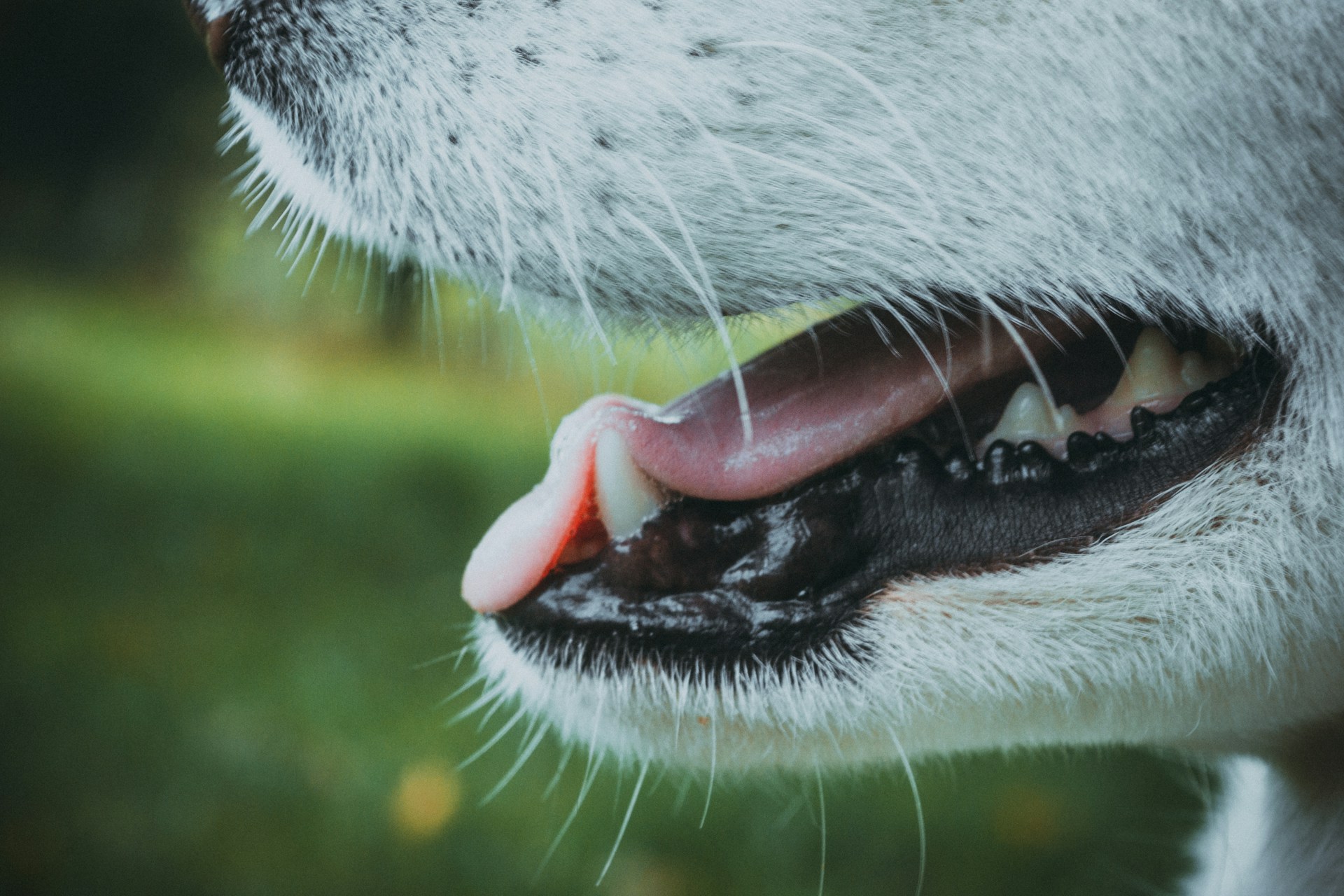Why might your pet need an oral biopsy?
Oral biopsies in dogs and cats are commonly performed to diagnose and treat various oral lesions, tumors, and abnormalities in the mouth. Oral biopsies are typically recommended when a mass, lesion, or abnormal tissue is found in the mouth that requires further evaluation. Common indications for oral biopsies include oral tumors, ulcerations, cysts, inflammatory conditions, and irregular or discolored oral tissues.
What are the different types of oral biopsy?
There are several types of oral biopsies that may be performed depending on the location and nature of the lesion. An excisional biopsy involves removing the entire lesion or affected area. An incisional biopsy involves taking a small sample of the tissue for analysis.
How is an oral biopsy obtained?
The oral biopsy procedure requires the patient to undergo general anesthesia to ensure they remain still and comfortable during the procedure. The sample is then surgically obtained using a scalpel or punch biopsy. To stop excessive bleeding from the sample site, dissolvable suture is typically placed. The biopsy sample is then sent to a laboratory for analysis by a veterinary pathologist.
What happens once the biopsy results return?
Depending on the diagnosis from the biopsy results, treatment options for oral lesions in dogs and cats may include surgery, chemotherapy, radiation therapy, immunotherapy, or supportive care. The treatment plan is tailored to the specific diagnosis and individual needs of the pet.
Schedule an Oral Exam with a Houston Veterinarian
Overall, oral biopsies play a crucial role in diagnosing and managing oral diseases in dogs and cats. If you suspect your pet has an oral lesion or abnormality, please give us a call today to schedule an oral exam.
Images used under creative commons license – commercial use (1/21/2025). Photo by Andriyko Podilnyk on Unsplash

